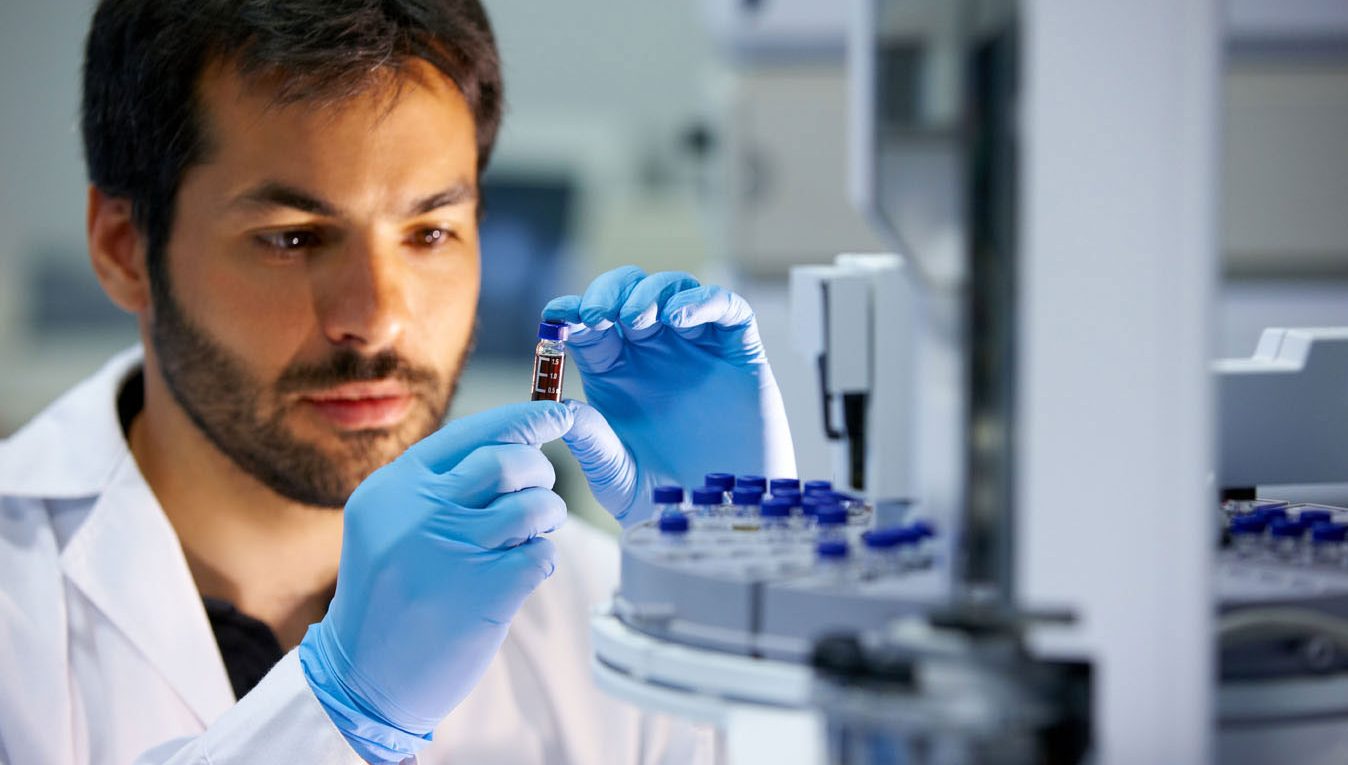Unleashing the Power of Custom Peptide Synthesis: A Journey with SAB Technology
In the dynamic world of life sciences, custom peptide synthesis has emerged as a crucial tool for researchers and scientists alike. Peptides, short chains of amino acids, play a pivotal role in various biological processes and are integral to many therapeutic and diagnostic applications. In this blog, we explore the realm of custom peptide synthesis service, with a special focus on the cutting-edge technology of Solid-Phase Peptide Synthesis (SPPS) and its revolutionary Sab technology.
The Significance of Custom Peptide Synthesis:
Custom peptide synthesis involves the artificial production of peptides tailored to specific requirements. This process enables scientists to design and manufacture peptides with precise sequences, lengths, and modifications. The applications of custom peptides are diverse, ranging from drug discovery and development to studying protein-protein interactions and designing vaccines.
Solid-Phase Peptide Synthesis (SPPS):
One of the most widely used methods for custom peptide synthesis is Solid-Phase Peptide Synthesis (SPPS). SPPS allows for the stepwise assembly of peptides on a solid support, simplifying the purification process and increasing efficiency. This technique has revolutionized the field, enabling the synthesis of peptides with high purity and complex sequences.
The Sab Technology Advantage:
Within the realm of SPPS, the Sab technology stands out as a game-changer. Sab, short for Safety-Off Boc (tert-butyloxycarbonyl), is a protecting group strategy employed in the synthesis of peptides. The Sab technology allows for the selective removal of the Boc group under mild conditions, reducing the risk of undesired side reactions and preserving the integrity of sensitive peptide sequences.
Benefits of Sab Technology in Custom Peptide Synthesis:
- Enhanced Yield and Purity: Sab technology minimizes the formation of undesired by-products, leading to higher yields and increased purity of synthesized peptides. Researchers can obtain high-quality peptides suitable for a wide range of applications.
- Compatibility with Sensitive Sequences: The mild deprotection conditions of Sab technology make it particularly suitable for synthesizing peptides with sensitive amino acid sequences. This enables the synthesis of challenging peptides that may be prone to side reactions with other protecting groups.
- Time and Cost Efficiency: The efficiency of Sab technology streamlines the synthesis process, reducing the overall time required for peptide production. This translates into cost savings and faster delivery of custom peptides to researchers.
- Versatility in Peptide Design: Sab technology provides researchers with greater flexibility in designing peptides with diverse sequences and modifications. This versatility is essential for addressing the specific needs of various research projects.
